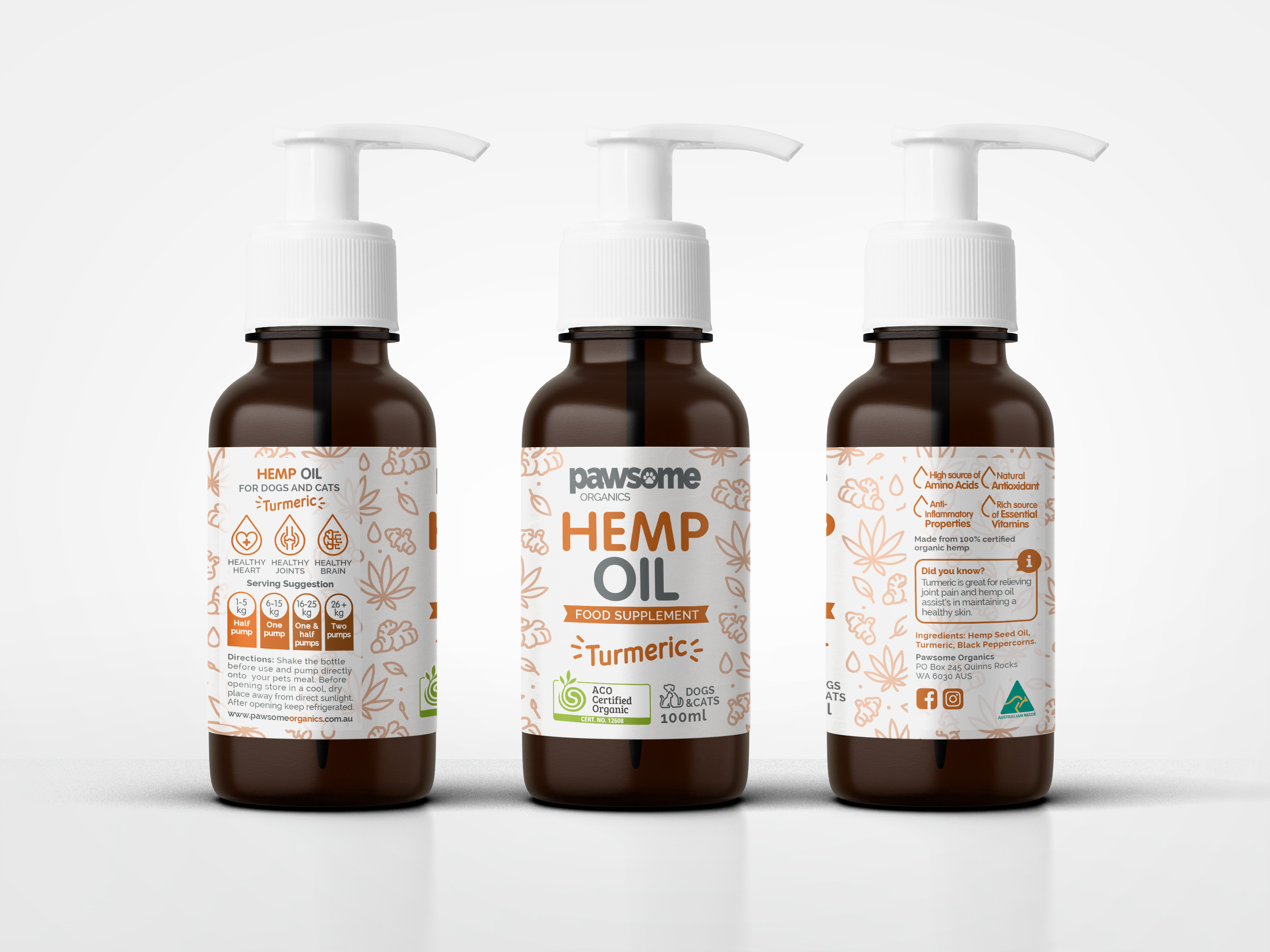Comprehending the Legal Landscape involving Hemp Oil: Rules and Restrictions
The increase of hemp oil, particularly CBD (cannabidiol) oil, has caused a considerable move in consumer fascination and market dynamics across various sectors. Hemp oil is usually derived from the particular seeds of the particular hemp plant and even contains various valuable compounds, including tissot fatty acids and CBD. However, the legal landscape surrounding hemp oil can be complex and may differ significantly from one particular jurisdiction to one other. This article aims to provide a comprehensive review of the restrictions and restrictions ruling hemp oil, concentrating on key aspects such as legitimacy, production, labeling, and even interstate commerce.
1. The Legal Status of Hemp Olive oil: A Historical Perspective
The legal position of hemp olive oil is deeply interweaved with the historic attitudes towards hashish generally. Until lately, cannabis—including hemp—was labeled as a Schedule We controlled substance underneath the Controlled Materials Act in the United States. This particular classification limited the particular cultivation and creation of hemp, which often is defined as cannabis with much less than 0. 3% THC (tetrahydrocannabinol), the psychoactive compound responsible for the “high” associated with marijuana.
The turning point came with the passing of the Agriculture Improvement Behave of 2018, typically termed as the 2018 Farm Bill. This kind of legislation removed hemp in the definition of marijuana under the Handled Substances Act, efficiently legalizing hemp in addition to its derivatives, including hemp oil, in the federal level. This kind of monumental change brought about the cultivation of hemp in most 50 states, provided it meets the particular legal definition of containing no more than zero. 3% THC.
only two. State-Level Regulations: A new Patchwork of Laws and regulations
While the 2018 Farm Bill offered a federal structure to the legality of hemp oil, says have authority to be able to regulate its manufacturing and sale. This has resulted inside a patchwork of state laws that can vary widely. Some states have embraced hemp farming and hemp essential oil production, although some have enacted stricter codes or outright bans.
2. 1 States Supporting Hemp Farming
States like The state of colorado, Oregon, and Kentucky have established extensive programs for hemp cultivation, allowing farmers to grow hemp and produce hemp oil products. These types of states have created regulatory frameworks that facilitate licensing, tests, and marketing associated with hemp oil, making it accessible to be able to consumers.
2. a couple of States with Tighter Regulations
Conversely, some states have imposed stricter regulations. One example is, Idaho and Southern Dakota have in the past been resistant to be able to hemp cultivation and production, citing concerns over THC content plus the potential for misuse. During these claims, the sale of hemp oil is frequently subject to extra restrictions, and customers might find it demanding to get into hemp-derived goods.
3. Regulatory Agencies and the Roles
A number of federal and point out agencies play vital roles in regulating hemp oil. Understanding the required these types of agencies is essential for both producers and even consumers.
3. one particular The U. T. Department of Farming (USDA)
The USDA is responsible for overseeing the hemp cultivation program established by the 2018 Farm Bill. This kind of includes developing restrictions and guidelines regarding hemp production, ensuring that growers adhere in order to federal standards, and providing support to states in employing their programs. Typically the USDA also oversees the licensing regarding hemp producers and even the testing regarding hemp for THC content.
3. a couple of The Food plus Drug Administration (FDA)
The FDA’s role in the hemp oil landscape is definitely primarily focused about consumer safety and even product labeling. While hemp oil and CBD tools are legitimate under federal legislation, the FDA features specific regulations ruling the use involving hemp-derived ingredients found in food and dietary supplements. The FDA has yet to establish some sort of clear framework to the approval of CENTRAL BUSINESS DISTRICT as a diet supplement or meals additive, leading to be able to uncertainty for manufacturers and consumers alike.
3. 3 Express Departments of Cultivation
Many states have got their own sections of agriculture of which oversee hemp nurturing and production within their jurisdictions. These state agencies generally establish their rules and guidelines, which includes licensing requirements, testing protocols, and labeling standards. Producers need comply with equally federal and condition regulations to run legally.
4. Labels and Marketing Polices
Labeling and advertising and marketing of hemp petrol products are important areas of legislation, particularly as the market grows in addition to diversifies. Consumers must be able to trust the states created by producers with regards to the contents and benefits of hemp oil products.
5. 1 Truthful Advertising and marketing
The FDA plus state regulators need that any promises made about hemp oil products become truthful and not misleading. This contains health claims of which suggest the merchandise can treat or get rid of specific health concerns. Since a result, makers should be cautious in their marketing plans in addition to ensure that that they adhere to the FDA’s guidelines.
4. a couple of Ingredient Transparency
Brands regulations mandate that producers disclose almost all ingredients in their particular hemp oil goods. This transparency is usually crucial for customers, especially those together with allergies or breathing difficulties. Additionally, products ought to clearly indicate the THC content and whether the product is usually derived from hemp or marijuana.
4. 3 Quality Assurance Screening
Many states require that hemp oil products undergo third-party testing to be able to ensure quality and safety. These testing typically evaluate THC levels, contaminants (such as pesticides in addition to heavy metals), plus overall potency. Delivering consumers with laboratory results can enhance trust and credibility in the company.
5. Interstate Trade and Transportation
One particular of the considerable challenges facing typically the hemp oil market is navigating the particular complexities of interstate commerce. Although hemp is legal on the federal level, personal states can enforce their restrictions within the sale and transport of hemp goods across state ranges.
5. 1 Carrying Hemp Oil Across State Lines
Manufacturers wishing to transportation hemp oil around state lines should be aware with the regulations in both the originating and even receiving states. A few states have put into law legislation that wall mirrors federal law, whilst others maintain stricter restrictions. It is usually vital for producers to have proper documentation and tests results to avoid potential legal concerns during transportation.
5. 2 The Role of the U. S. Postal Service and Shipping Carriers
The U. S. Postal Service (USPS) and private delivery carriers also possess their policies regarding the shipment regarding hemp oil products. While the USPS allows the shipping and delivery of hemp items, it will require adherence to be able to specific guidelines. Suppliers should familiarize themselves with shipping policies to ensure compliance in addition to avoid delivery issues.
6. Future Developments and Things to consider
Seeing that the hemp olive oil industry continues to be able to evolve, several developments and considerations might shape the potential future legal landscape.
6th. 1 Ongoing Regulating Developments
With all the fast growth of typically the hemp oil marketplace, regulatory agencies will probably continue to perfect and adapt their very own regulations. Ongoing exploration in the health benefits of hemp-derived compounds may lead in order to within how these products are labeled and regulated.
6th. 2 Consumer Training and Advocation
Buyer education will play some sort of pivotal role inside the future of hemp oil polices. As my company come to be more informed regarding the benefits plus potential risks related to hemp oil, they could advocate for clearer labeling and harsher quality control procedures. This push regarding transparency can guide to enhanced consumer protection and industry accountability.
6. 3 Integration into Standard Markets
The rising acceptance of hemp oil and CBD products can result in their particular integration into standard markets for instance food, beauty, and health and fitness. As these goods become more mainstream, regulatory bodies may possibly need to produce more comprehensive frameworks to address brands, safety, and advertising and marketing practices.
7. Realization
The legal panorama surrounding hemp oil is dynamic plus multifaceted, influenced by federal and condition regulations, consumer need, and ongoing study. Comprehending the regulations and restrictions governing hemp oil is imperative for producers and consumers alike. Because the industry develops, navigating these complexities will require the commitment to conformity, transparency, and client education.
Even as move forward, the hemp oil market will be poised for development and innovation, although it may also face challenges relevant to regulation and consumer believe in. By staying knowledgeable about the legitimate landscape, stakeholders can work together to create a responsible and even sustainable hemp essential oil industry that positive aspects everyone involved.





